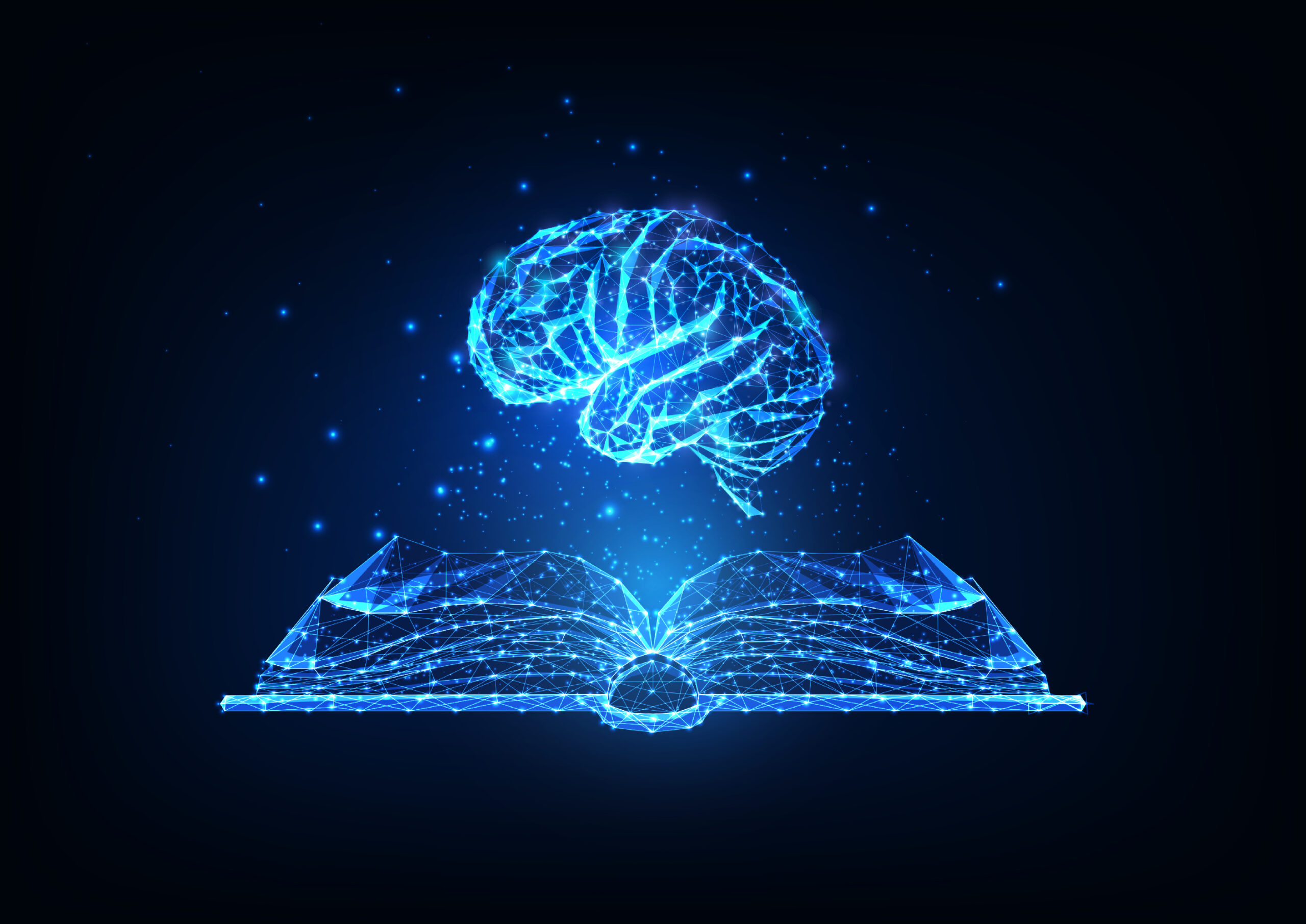The Cognitive Benefits of Reading: Nurturing the Mind
Reading is more than a pastime; it’s a journey—an exploration that sharpens our minds, enriches our lives, and evolves with every turn of the page. Book lovers, students, and seekers of knowledge have long understood that the value of reading extends well beyond the text. As we delve into this article, we uncover the myriad ways in which reading enhances our cognitive prowess, fostering intelligence, empathy, and robust mental health.
Expanding Vocabulary and Enhancing Reasoning
The path to a rich vocabulary runs through the pages of books. Each chapter introduces readers to new words, expanding their ability to articulate ideas and empowering them to convey their thoughts with greater precision and variety.
But it’s not just the words themselves; it’s their application that bolsters our cognitive abilities. Reading demands that we engage critically with the text, pushing us to deduce, hypothesize, and deliberate. This intellectual rigor nurtures our reasoning skills, enhancing both our analytical thinking and our ability to unravel complex problems.
Developing Emotional Intelligence
The narrative power of fiction opens a window into the human experience, sharpening our ability to recognise and empathise with the emotions of others. Through the art of storytelling, we witness life from diverse perspectives, honing our emotional intelligence along the way.
Reading fiction is like an exercise for the heart—it teaches us empathy, fostering connections that transcend the printed word. As we resonate with a character’s journey, we become more attuned to the emotions that animate the people around us.
Cultivating Theory of Mind
Understanding others’ mental states—be it beliefs, desires, or intentions—is an essential aspect of social cognition known as “Theory of Mind.” Through reading, especially literary fiction, we refine this capacity. The intricate tapestry of character interactions and internal dialogues serves as a gymnasium for our minds, allowing us to better interpret and comprehend the psychological underpinnings of human behavior.
This cognitive sharpening is not just theoretical. Studies, including those from the New School for Social Research, indicate that interactions with literary fiction improve our performance on tasks related to Theory of Mind, underscoring the tangible benefits of reading beyond enjoyment.
Strengthening Attention and Focus
In today’s digital world, distraction is only a notification away. Against this backdrop, reading emerges as a bastion for concentration. Immersing in a book is a willful act of focus, a reprieve that hones our ability to maintain sustained attention amidst the ever-present torrent of digital stimuli.
Enhancing Memory and Cognitive Resilience
Each time we pick up a book, we’re not just reading—we’re recalling characters, previous events, and stored knowledge, all while processing new information. This act of complex retention and retrieval is nothing short of a mental marathon that boosts our memory capabilities and strengthens our cognitive resilience.
The cognitive challenge presented by reading promotes mental flexibility and open-mindedness. It is this very adaptability that makes us resilient to intellectual adversity, allowing us to thrive amidst cognitive challenges.
Harnessing the Power of Imagination
Reading is a partnership between author and reader—a collaboration where words inspire worlds, crafted not on canvas but in the mind’s eye. This unique reliance on imagination invigorates our creative faculties, fostering our ability to visualize the abstract and imagine the unseen.
The Social Dimension of Reading
Often perceived as a solitary endeavor, reading nonetheless ties us to a vast web of social interaction. Whether through discussions in book clubs or online forums, reading connects us, screening a backdrop for shared understanding and community building.
Moreover, the act of reading can promote empathy and understanding across cultural and personal divides. The stories we read often reflect a spectrum of human experience vastly different from our own, giving us the chance to nurture a sense of common humanity and appreciate life’s rich tapestry.
In essence, the act of reading equates to a cognitive symphony, engaging effort, concentration, and attentiveness. It’s a symphony that orchestrates sense from syntax, coherence from clauses, and palpable realities from paper-bound promises. Reading is more than mere escapism—it’s a conscious cultivation of the mind.

